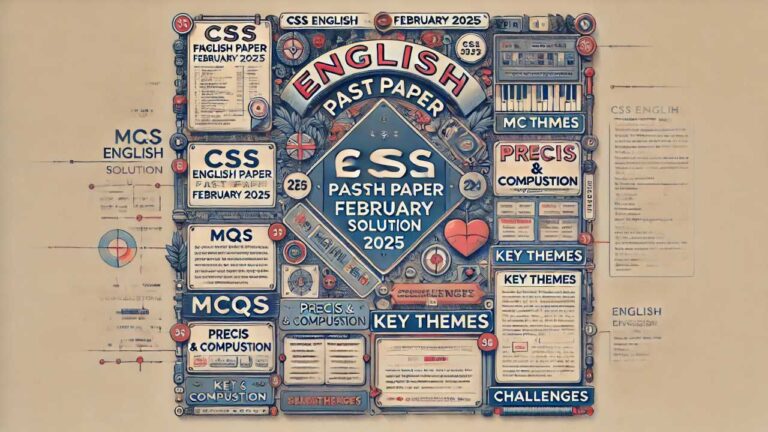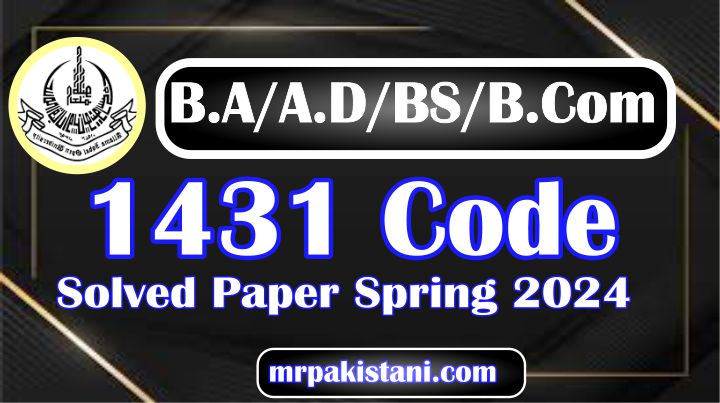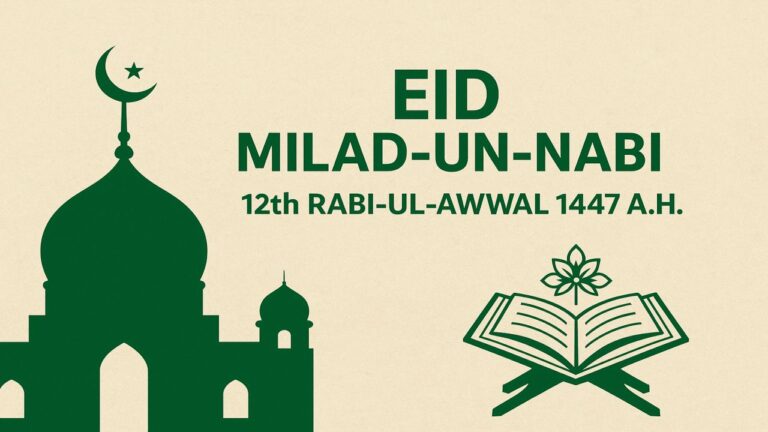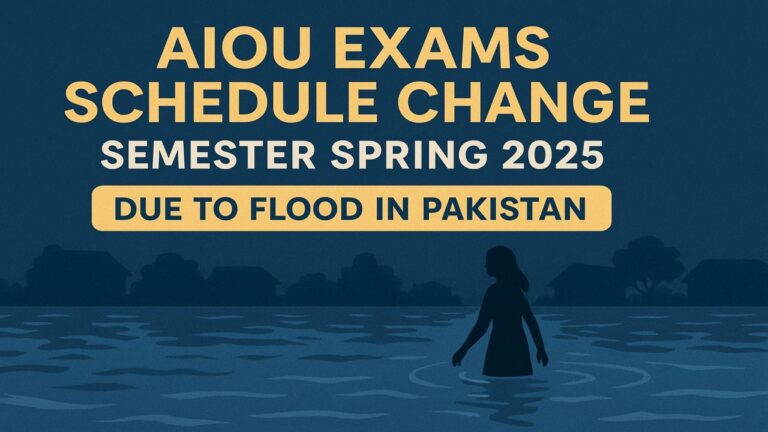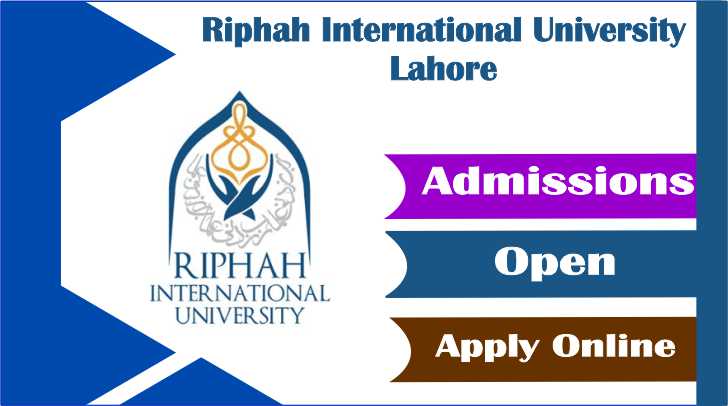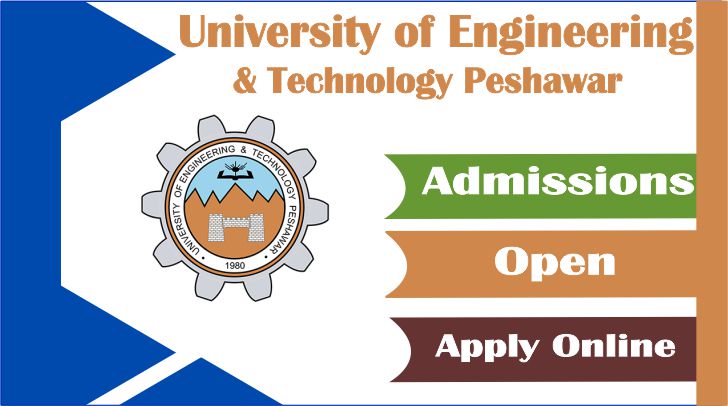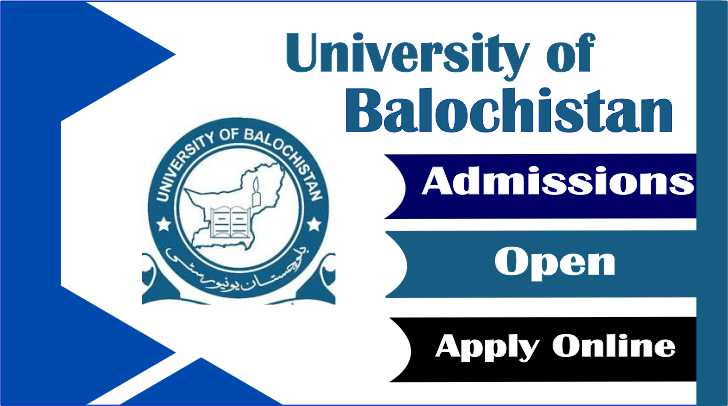CSS English Paper February 2025: A Comprehensive Analysis and Insights
The Central Superior Services (CSS) examination is one of the most prestigious and competitive exams in Pakistan, attracting thousands of aspirants each year. The CSS English Paper, held in February 2025, was no exception, testing candidates’ proficiency in language, comprehension, and analytical skills. This blog post provides a detailed analysis of the paper, highlighting its structure, key themes, and challenges, along with tips for future aspirants.
CSS English Past Paper February 2025 Solution
- Question 1: MCQs

- (a) Choose the Word that is nearly most similar in meaning to the capitalized words.

- (b) Choose the Word that is nearly most opposite in meaning to the capitalized words.

- Question 2: Distil the passage into a précis and suggest an apt title.

Passage:
Homi K. Bhabha, a prominent postcolonial scholar, advances a profoundly philosophical yet grounded concept of nationalism, positing that “Nations, like narratives, lose their origins in the myths of time and only fully encounter their horizons in the mind’s eye,” thereby highlighting the complex interplay between the imagined, the mythical, and the material in the construction of national identity. Nations, like narratives, are constructed through historical contingency, shaped by ethnic obsessions and regional affiliations that often obscure their origins! As a result, national identities can become rigid and exclusionary, antagonizing the notion of humanism envisioned by ancient philosophers like Socrates and Plato. This idea has implications for our understanding of humanism, a cornerstone of intellectual traditions from Goethe and Rousseau’s emphasis on the universal human experience to Al-Ghazali and Ibn Rushd’s advocacy for reason and compassion as bridges between cultures. Al-Ghazali’s “The Alchemy of Happiness” strikes a balance between promoting local identity and warning against provincial, insular nationalism, making him a votary of cultural exchange and understanding. He advocates for an evenhanded approach, balancing love for one’s land with justice for all citizens. In “The Revival of Religious Sciences,” Al-Ghazali emphasizes balancing universalism and particularism, recognizing that national identity must be tempered by justice and equality. By promoting inclusive citizenship, Al-Ghazali offers an antidote to exclusivist nationalist ideologies. By exploring the intersections between nationalism and humanism, Bhabha’s work also encourages us to think critically about how national identities are constructed and imagine new forms of global citizenship prioritizing shared humanity over narrow national interests. However, the rise of nationalism has often led to a narrowing of perspectives, prioritizing regional affiliations over universal values, resulting in a stringent and macho form of patriotism that stifles dissent and creativity. Like a chameleon, nationalism can adapt and change, often blurring the lines between patriotism and xenophobia. Altogether, nationalism is not a bane, its mixed benefits over the last century have been a double-edged sword, yielding a staggering array of positive and negative consequences. On one hand, nations have become increasingly aware of the need to align themselves with pluralism and egalitarian schemes. However, the desire to dominate, as exemplified by the German geographer Friedrich Ratzel’s idea of organic borders, continues to have a silent appeal, often manifesting in bizarre and violent forms, such as the recent bloodshed in Palestine and the earlier Bosnian massacre. This scary trail is long and hard to absorb, especially when democracy itself has been exposed as a mere façade, leaving many to blurt out frustrations and disillusionments. As the philosopher Allama Iqbal aptly put it in his famous poem, “The Devil’s Parliament,” democracy is merely the outer crust, while the essence is imperialist. Iqbal’s words ring true, warning us against the uncritical subservience and adoration of nationalism, which can lead to historical myopia, strengthening dictatorial hegemony and incarcerating the human spirit within the narrow confines of love for the land. Perhaps democracy is the safest carrier of the seed of nationalism, transporting it under the guise of economic equality. Still, weaker nations face the political bravado of the powerful leaving the meager nations to be content with mere paeans of love for border and territorial integrity. Imperialism planted the embryo of nationalism, abandoning the wretched children of the earth to fend for themselves, left to navigate the treacherous waters of self-determination. The power of nationalism is a potent form of Volksgeist – a term coined by Johann Gottfried Herder to describe a nation’s unique spirit or character – that can be both unifying and divisive, depending on how it is wielded. In this context, a more frugal and nuanced approach to nationalism is needed, one that balances national pride with a commitment to universal values and human rights.
Précis:
Homi K. Bhabha explores the complex relationship between nationalism and humanism, arguing that national identities, like narratives, are constructed through historical and mythical processes, often becoming rigid and exclusionary. This challenges the universal humanism advocated by thinkers like Socrates, Plato, Goethe, and Rousseau. Al-Ghazali, in works such as “The Alchemy of Happiness” and “The Revival of Religious Sciences,” promotes a balanced approach to nationalism, emphasizing justice, equality, and cultural exchange. Bhabha’s analysis highlights the dual nature of nationalism, which can foster both unity and division, depending on its application. While nationalism has led to positive outcomes like pluralism, it has also resulted in exclusionary and violent practices, as seen in Palestine and Bosnia. Philosophers like Allama Iqbal warn against the uncritical adoration of nationalism, which can lead to historical myopia and dictatorial hegemony. Ultimately, a nuanced approach to nationalism is needed, one that balances national pride with universal human rights and values.
Suggested Title:
“Nationalism and Humanism: A Delicate Balance”
- Question 3: Read the following passage carefully and answer the questions given at the end.

Passage:
The idea of wandering has anthropological, historical, and philosophical moorings. To some, it is an unconscious desire to substitute the powers of material life, beckoning us to establish our identity as sojourners of the earth, even as our ancestors, recorded and unrecorded history, may addmbrate that we are temperamentally nomads. We strollers search for shelters, food, and home. But would it be too elastic an idea to entertain unthinkingly that home is our destination, a dream place, where we should finally live and be free of external threats, often from man-made and natural designs of destruction? Can we stifle or eradicate our desires to control the geography and mindscape? Can we live in peace with ourselves without a rival as a neighbor? Scriptures glorify the essence of migration as a soulful activity that saves us from sangfroid existence and makes us vulnerable, a process necessary to ward of the place-dependent inertia? The expression “rolling stone” haunts the modern man. Modernity has…
Questions and Answers:
1) What does the passage suggest about the concept of “home”?
The passage suggests that the concept of “home” as a final destination may be too idealistic. It questions whether humans can truly find a place free from external threats and whether the desire to control geography and mindscapes can be eradicated.
2) How does the passage describe the role of migration in human history?
The passage describes migration as a soulful activity that saves humans from stagnation and makes them vulnerable. It is seen as a necessary process to overcome inertia and adapt to changing circumstances.
3) What is the significance of the “rolling stone” metaphor in the passage?
The “rolling stone” metaphor represents the modern human’s struggle with the concept of home and belonging. It reflects the restlessness and uncertainty that modernity has introduced, disrupting traditional notions of stability and rootedness.
4) What philosophical question does the passage raise about human nature?
The passage raises the question of whether humans can live peacefully without the desire to control their environment and whether they can coexist without rivalry or conflict.
- Question 4: Correct only FIVE of the following sentences.

- (1) Having been perpetuated for centuries the systemic inequalities and discriminatory policies of the government which has been institutionalized, are a form of structural violence that affect marginalized communities.

Corrected:
Having been perpetuated for centuries, the systemic inequalities and discriminatory policies of the government, which have been institutionalized, are a form of structural violence that affects marginalized communities. - (2) We cleaned all the kitchen while our parents were out to dinner.
 Corrected:
Corrected:
We cleaned the entire kitchen while our parents were out for dinner. - (3) If I’m stressed out about something, I tend to have problem to fall asleep.
 Corrected:
Corrected:
If I’m stressed out about something, I tend to have trouble falling asleep. - (4) If I will be in Lahore, I will contact to you.
 Corrected:
Corrected:
If I am in Lahore, I will contact you. - (5) The cultural globalization—it is a phenomenon that has been driven by technological advancements and economic integration—is a threat to local cultures.
 Corrected:
Corrected:
Cultural globalization—a phenomenon driven by technological advancements and economic integration—is a threat to local cultures. - (6) The impact of cybertechnology on modern society is being studied by researchers, who has found that it has both positive and negative effects.
 Corrected:
Corrected:
The impact of cybertechnology on modern society is being studied by researchers, who have found that it has both positive and negative effects. - (7) The experimental novel—which blends elements of poetry and prose—is a challenge to traditional notions of storytelling and narrative structure, but it will have been widely accepted by the time it is recognized as a masterpiece.
 Corrected:
Corrected:
The experimental novel—which blends elements of poetry and prose—is a challenge to traditional notions of storytelling and narrative structure, but it will be widely accepted by the time it is recognized as a masterpiece. - (8) The honor killings that having been perpetuate by the societies are exacting a deadly toll on the vulnerable individuals which are exacerbating the excruciating norms more.
 Corrected:
Corrected:
The honor killings that have been perpetuated by societies are exacting a deadly toll on vulnerable individuals, exacerbating excruciating norms.
- Question 5: Punctuate the following text where necessary.

- (a) Punctuate the following text where necessary.
 Original Text: In Pakistani folklore Heer Ranjha Sohni Mahiwal and Sassi Punnu are iconic tales of star-crossed lovers. These stories deeply rooted in tribal connections serve as allegories and commentaries on spiritual and romantic love they explore the complexities of human emotion the trials of love and the transformative power of spiritual elevation The themes of trial emotional anguish separation and expulsion resulting in the moral polishing of the lovers are timeless and universal… Heer Ranjha’s epic tale penned by Waris Shah is a masterpiece of Punjabi literature a testament to the power of love to transcend mortal bounds.
Original Text: In Pakistani folklore Heer Ranjha Sohni Mahiwal and Sassi Punnu are iconic tales of star-crossed lovers. These stories deeply rooted in tribal connections serve as allegories and commentaries on spiritual and romantic love they explore the complexities of human emotion the trials of love and the transformative power of spiritual elevation The themes of trial emotional anguish separation and expulsion resulting in the moral polishing of the lovers are timeless and universal… Heer Ranjha’s epic tale penned by Waris Shah is a masterpiece of Punjabi literature a testament to the power of love to transcend mortal bounds.
Punctuated Text: In Pakistani folklore, Heer Ranjha, Sohni Mahiwal, and Sassi Punnu are iconic tales of star-crossed lovers. These stories, deeply rooted in tribal connections, serve as allegories and commentaries on spiritual and romantic love. They explore the complexities of human emotion, the trials of love, and the transformative power of spiritual elevation. The themes of trial, emotional anguish, separation, and expulsion, resulting in the moral polishing of the lovers, are timeless and universal. Heer Ranjha’s epic tale, penned by Waris Shah, is a masterpiece of Punjabi literature and a testament to the power of love to transcend mortal bounds. - (b) Re-write the following sentences (ONLY FIVE) after filling in the blanks with appropriate Prepositions.
 Sentences with Prepositions:
Sentences with Prepositions:- The massive landslide tumbled into the valley below, blocking the river and causing widespread flooding that destroyed crops and habitats.
- The controversy surrounding arranged marriages raged within the Pakistani community, with some arguing that it was a vital part of their cultural heritage, while others saw it as a form of oppression.
- As she read the poem, the subtle symbolism and metaphors whispered beneath the surface of the words, awakening a depth of emotion within her.
- The concept of Tawhid, or the oneness of God, lies at the very fabric of Islamic theology, weaving together the intricate threads of faith, reason, and spirituality.
- As social media scrolled endlessly through her daily life, her attention span shriveled, leaving her with a perpetual sense of distraction.
- Power consolidated among the ruling elite, silencing dissent.
- Her online persona leaned toward perfection, hiding flaws.
- Themes of love, loss, and longing wove through Ghalib’s verses, creating a rich tapestry of emotion.
- Question 6: Use only FIVE pairs of words in sentences clearly illustrating their meanings.

- (i) Blurt, Blett
 Answer:
Answer:- Blurt: She blurted out the secret before she could stop herself.
- Blett: The fruit was left to blett, becoming soft and sweet.
- (ii) Aeipathy, Apathy
 Answer:
Answer:- Apathy: His apathy towards the election results surprised everyone.
- Aeipathy: (Note: “Aeipathy” is not a standard English word. Please verify the correct word.)
- (iii) Defenestration, Dénouement
 Answer:
Answer:- Defenestration: The defenestration of the minister shocked the entire cabinet.
- Dénouement: The movie’s dénouement revealed the true identity of the villain.
- (iv) Valium, Vellum
 Answer:
Answer:- Valium: The doctor prescribed Valium to help her manage her anxiety.
- Vellum: The ancient manuscript was written on vellum, a type of parchment.
- (v) Sow, Sough
 Answer:
Answer:- Sow: Farmers sow seeds in the spring to prepare for the harvest.
- Sough: The sough of the wind through the trees was calming.
- (vi) Sere, Seer
 Answer:
Answer:- Sere: The sere landscape was devoid of any greenery after the drought.
- Seer: The seer predicted that the kingdom would face a great calamity.
- (vii) Crepuscular, Crepitation
 Answer:
Answer:- Crepuscular: The crepuscular light of dawn illuminated the forest.
- Crepitation: The crepitation of dry leaves underfoot signaled the arrival of autumn.
- (viii) Uxoricide, Uxorious
 Answer:
Answer:- Uxoricide: The man was charged with uxoricide after the tragic death of his wife.
- Uxorious: His uxorious behavior made him overly devoted to his wife, often neglecting his own needs.
- Question 7: Translate the following into English by keeping in view figurative/idiomatic expressions.

- Translate the following into English by keeping in view figurative/idiomatic expressions.
 Original Text: بارہویں صدی کے مسلمان ماہر الہیات اور فلسفی، الغزالی کی فکر سب سے زیادہ غلط فہمی کا شکار ہے۔ ایک مفکر کے طور پر انہوں نے دلیل دی ہے کہ قرآن جتنی تشریحات کے لیے کھلا ہے۔ سمندر میں پانی کے قطرے ہیں ” بقول اُن کے ” کیا تم نہیں جانتے کہ قرآن ایک سمندر کی مانند ہے؟” اور آپ اپنے معانی کے لامتناہی سمندر میں سفر کرنے کا حق رکھتے ہیں۔ اور اس سمندر کی گہرائیوں میں غوطہ زن ہو کر آپ یا قوت اور موتی حاصل کر کے دولت مند بن سکتے ہیں۔ وہ مزید کہتے ہیں کہ “تم ظاہر پر مطمئن ہو کر ساحل پر کیوں پڑے رہتے ہو ؟“ یہ کہ مسلمانوں کے لیے رد کرنا، آگے بڑھنا، اور اختلاف کرنا جائز ہے۔ الغزالی جدت اور روایت کا بہترین امتزاج ہیں۔
Original Text: بارہویں صدی کے مسلمان ماہر الہیات اور فلسفی، الغزالی کی فکر سب سے زیادہ غلط فہمی کا شکار ہے۔ ایک مفکر کے طور پر انہوں نے دلیل دی ہے کہ قرآن جتنی تشریحات کے لیے کھلا ہے۔ سمندر میں پانی کے قطرے ہیں ” بقول اُن کے ” کیا تم نہیں جانتے کہ قرآن ایک سمندر کی مانند ہے؟” اور آپ اپنے معانی کے لامتناہی سمندر میں سفر کرنے کا حق رکھتے ہیں۔ اور اس سمندر کی گہرائیوں میں غوطہ زن ہو کر آپ یا قوت اور موتی حاصل کر کے دولت مند بن سکتے ہیں۔ وہ مزید کہتے ہیں کہ “تم ظاہر پر مطمئن ہو کر ساحل پر کیوں پڑے رہتے ہو ؟“ یہ کہ مسلمانوں کے لیے رد کرنا، آگے بڑھنا، اور اختلاف کرنا جائز ہے۔ الغزالی جدت اور روایت کا بہترین امتزاج ہیں۔
Translated Text: The thought of Al-Ghazali, the 12th-century Muslim theologian and philosopher, is the most misunderstood. As a thinker, he argued that the Quran is as open to interpretations as there are drops of water in the ocean. According to him, “Do you not know that the Quran is like an ocean?” And you have the right to sail through the endless ocean of its meanings. By diving into the depths of this ocean, you can become rich by acquiring pearls and jewels. He further says, “Why do you remain satisfied with the surface and linger on the shore?” This means that it is permissible for Muslims to reject, progress, and disagree. Al-Ghazali is the perfect blend of innovation and tradition.
Overview of the CSS English Paper 2025
The CSS English Paper is divided into two parts: Part-I (MCQs) and Part-II (Precis & Composition). Both sections are designed to evaluate a candidate’s command of the English language, critical thinking, and ability to articulate ideas effectively.
Part-I: MCQs (Compulsory)
The MCQ section consisted of 20 questions, divided into two parts:
- Synonyms: Candidates were asked to choose the word most similar in meaning to the given capitalized words. For example:
- FRABIOUS: (A) Wonderful (B) Surprising (C) Blithe (D) Gusto
- LEVITATE: (A) Sink (B) Float (C) Plod (D) Wander
- Antonyms: Candidates had to select the word most opposite in meaning to the given capitalized words. For example:
- PERSPICACITY: (A) Acumen (B) Astuteness (C) Naivety (D) Intelligence
- BLUSTER: (A) Bravado (B) Boast (C) Confidence (D) Meekness
This section tested vocabulary, word usage, and the ability to differentiate between similar and opposite meanings.
Part-II: Precis & Composition
Part-II was more comprehensive, requiring candidates to demonstrate their writing and analytical skills. It included the following questions:
- Précis Writing: Candidates were asked to distill a lengthy passage on nationalism and humanism into a concise summary. The passage discussed the works of Homi K. Bhabha and Al-Ghazali, emphasizing the balance between national identity and universal human values. The task required candidates to capture the essence of the passage in a clear and coherent manner.
- Comprehension and Analysis: A passage on the concept of wandering, rooted in anthropological and philosophical perspectives, was provided. Candidates had to answer questions related to the text, such as:
- What does the passage suggest about the concept of “home”?
- How does the passage describe the role of migration in human history?
- Grammar and Sentence Correction: This section tested candidates’ grasp of grammar and sentence structure. For example:
- Correct the sentence: “If I will be in Lahore, I will contact to you.”
- Punctuate the following text: “In Pakistani folklore Heer Ranjha, Sohni Mahiwal and Sassi Punnu are iconic tales of star-crossed lovers.”
- Translation: Candidates were required to translate a Urdu passage into English, keeping in view figurative and idiomatic expressions. The passage highlighted the philosophical thoughts of Al-Ghazali, emphasizing the Quran’s depth and the importance of exploring its meanings.
- Word Usage: Candidates had to use pairs of words in sentences to illustrate their meanings. For example:
- Blurt, Blett: She blurted out the secret. The fruit was left to blett.
- Defenestration, Dénouement: The defenestration of the minister shocked everyone. The movie’s dénouement was unexpected.
Key Themes and Challenges
The CSS English Paper 2025 focused on several key themes:
- Nationalism vs. Humanism: The précis passage explored the tension between national identity and universal human values, urging candidates to think critically about the role of nationalism in modern society.
- Philosophical Reflections: Questions on wandering, migration, and the concept of “home” encouraged candidates to reflect on human nature and societal norms.
- Language Proficiency: The paper emphasized vocabulary, grammar, and the ability to translate complex ideas while maintaining the essence of the original text.
The challenges included:
- Time Management: With a mix of MCQs, précis writing, and comprehension questions, candidates had to manage their time effectively.
- Vocabulary: The synonym and antonym sections required a strong command of English vocabulary.
- Analytical Skills: The précis and comprehension sections demanded critical thinking and the ability to distill complex ideas into concise summaries.
Tips for Future Aspirants
- Build Vocabulary: Regularly read English literature, newspapers, and academic journals to enhance your vocabulary.
- Practice Précis Writing: Focus on summarizing lengthy passages while retaining the core message. Practice with diverse topics to improve your skills.
- Master Grammar: Pay attention to sentence structure, punctuation, and common grammatical errors.
- Read Philosophical Texts: Familiarize yourself with philosophical concepts and thinkers, as these often appear in CSS papers.
- Time Management: Practice solving past papers within the allotted time to improve your speed and accuracy.
Conclusion
The CSS English Paper February 2025 was a well-rounded assessment of candidates’ language proficiency, analytical skills, and ability to articulate complex ideas. By focusing on vocabulary, grammar, and critical thinking, aspirants can better prepare for future exams. Remember, consistent practice and a deep understanding of the English language are key to success in the CSS examination.
Good luck to all future aspirants! 🌟

